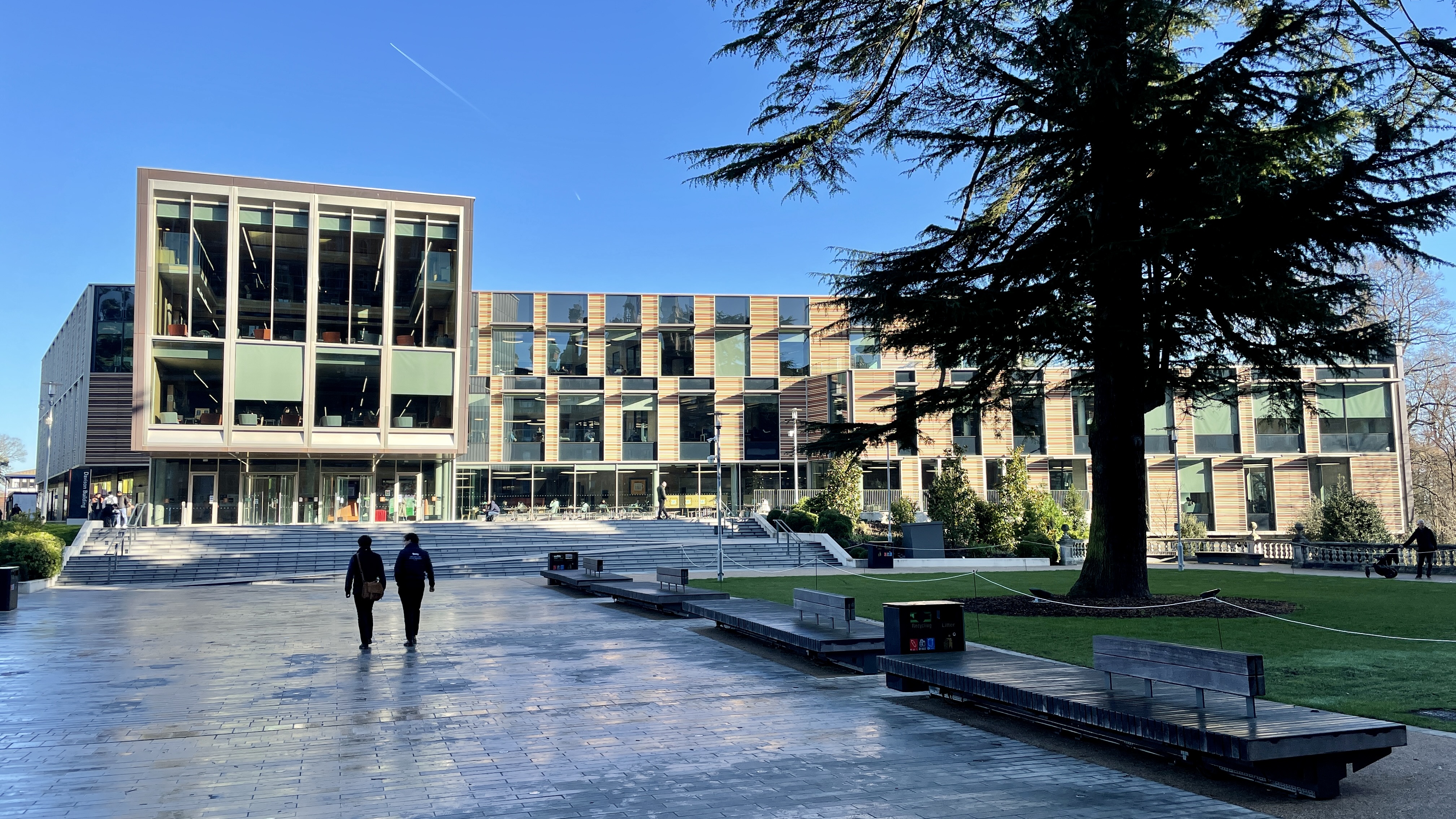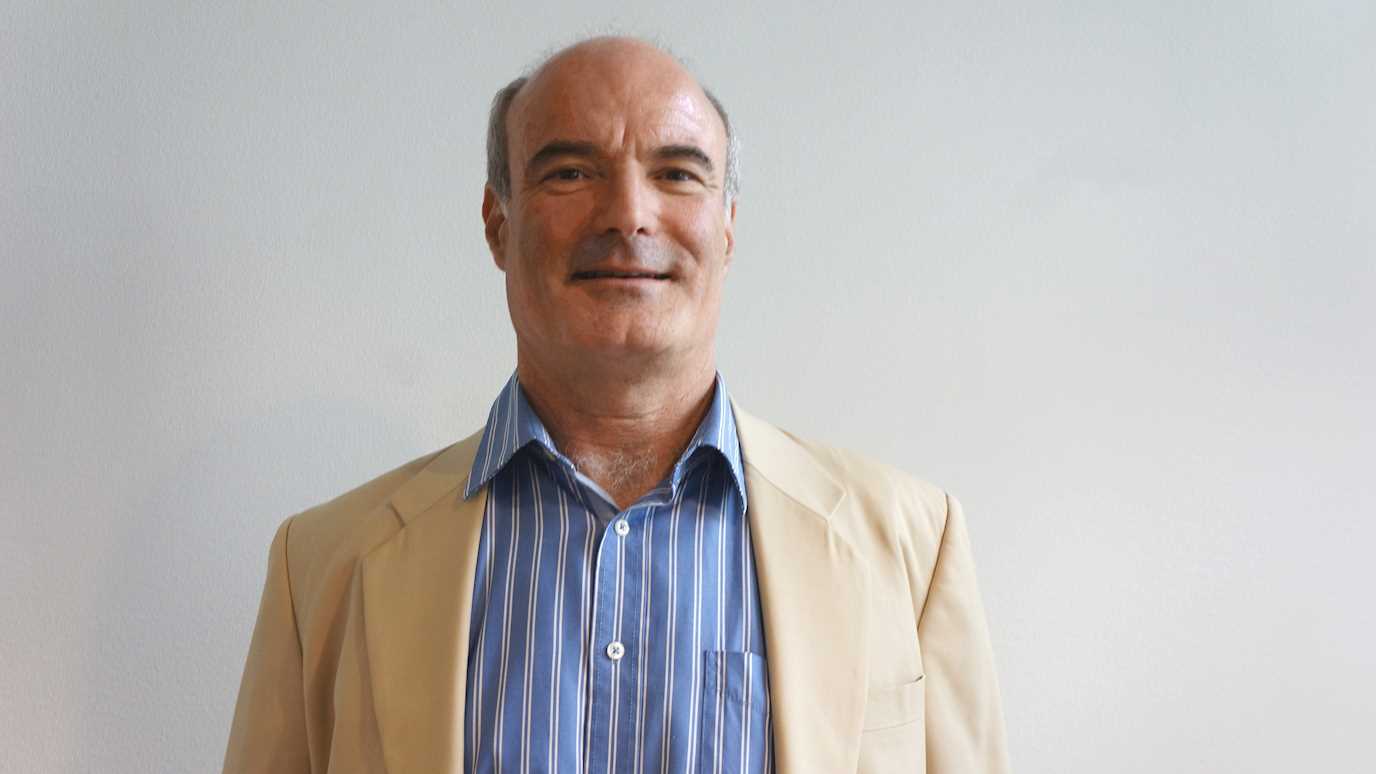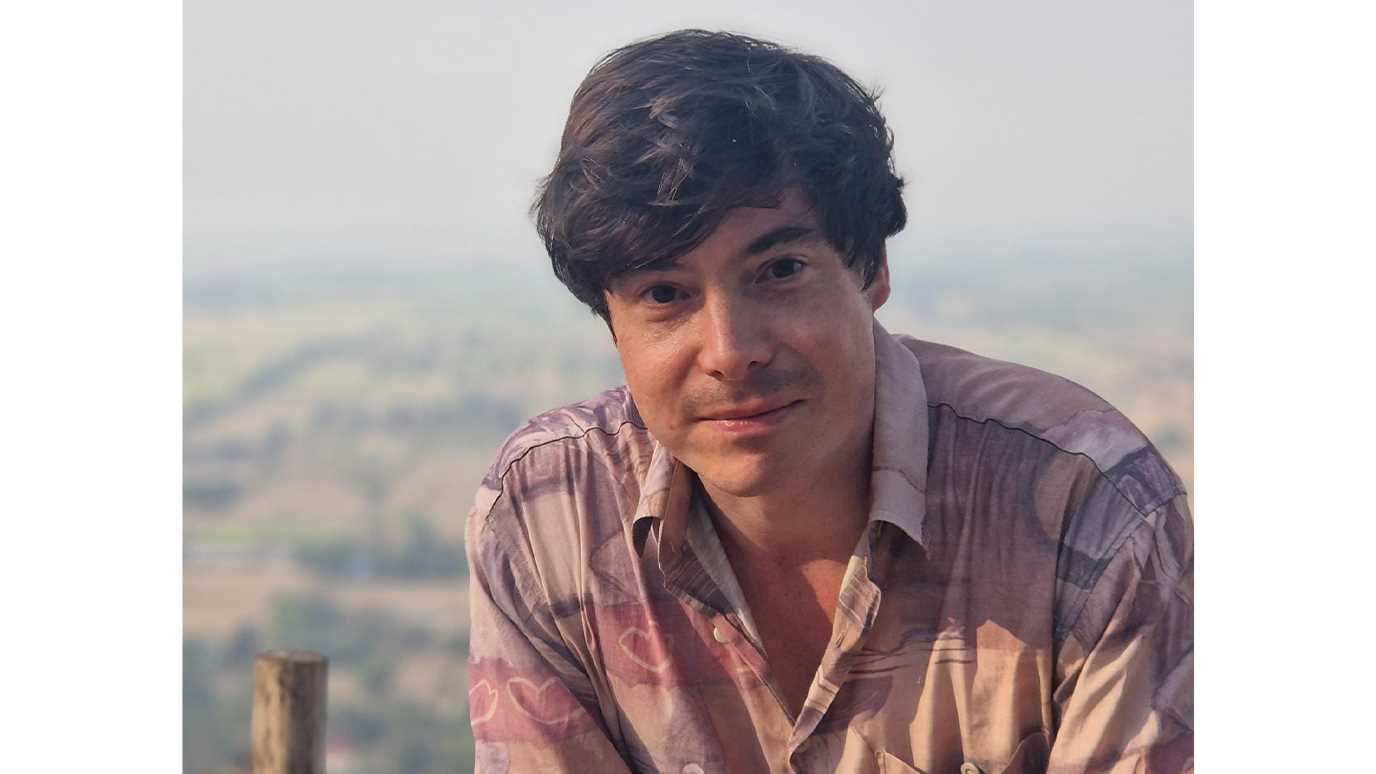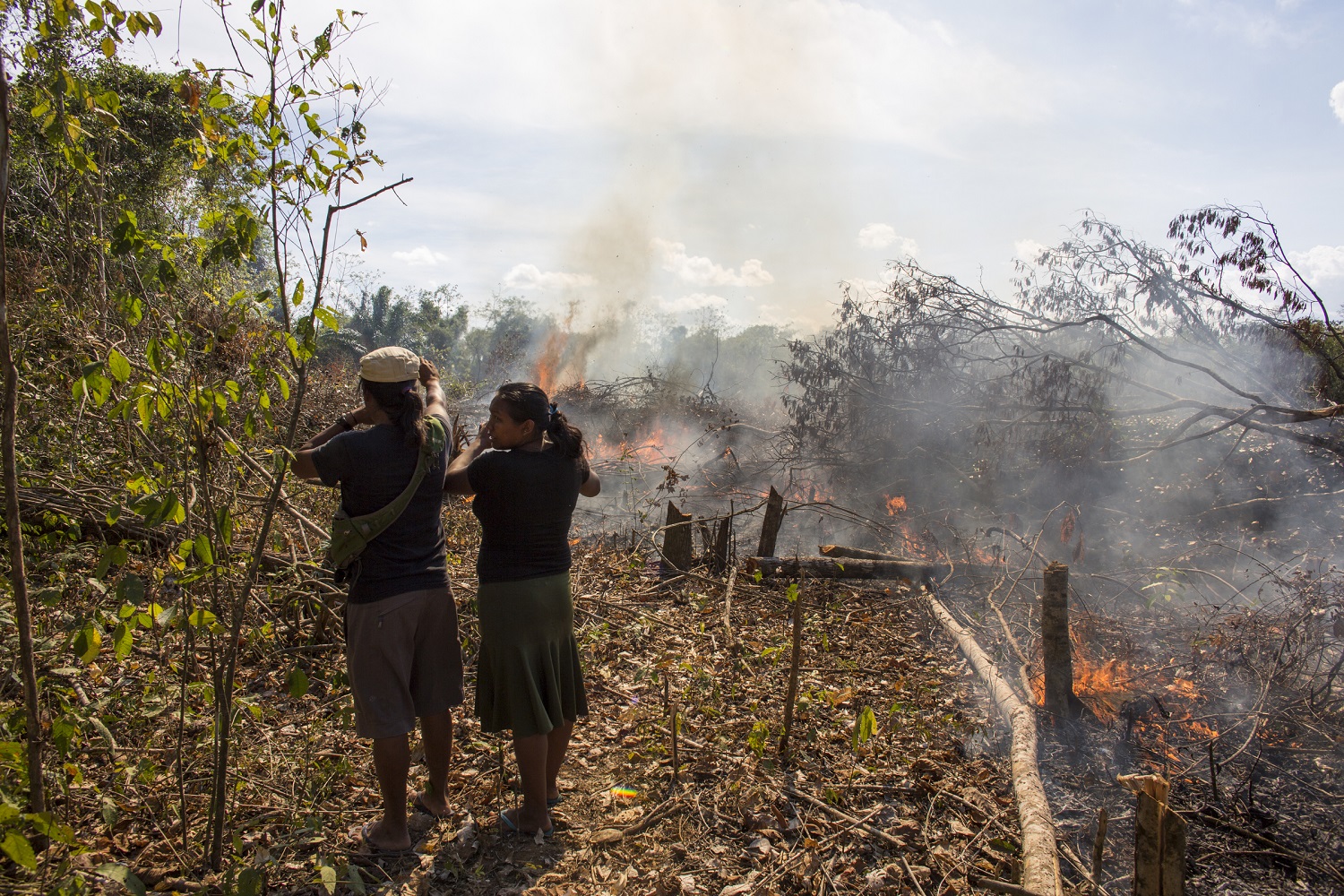Two primary schools in London are set to open mobile museums of botany and plant-based artefacts this July following their involvement in a research project with Royal Holloway, University of London in collaboration with Kew Gardens.
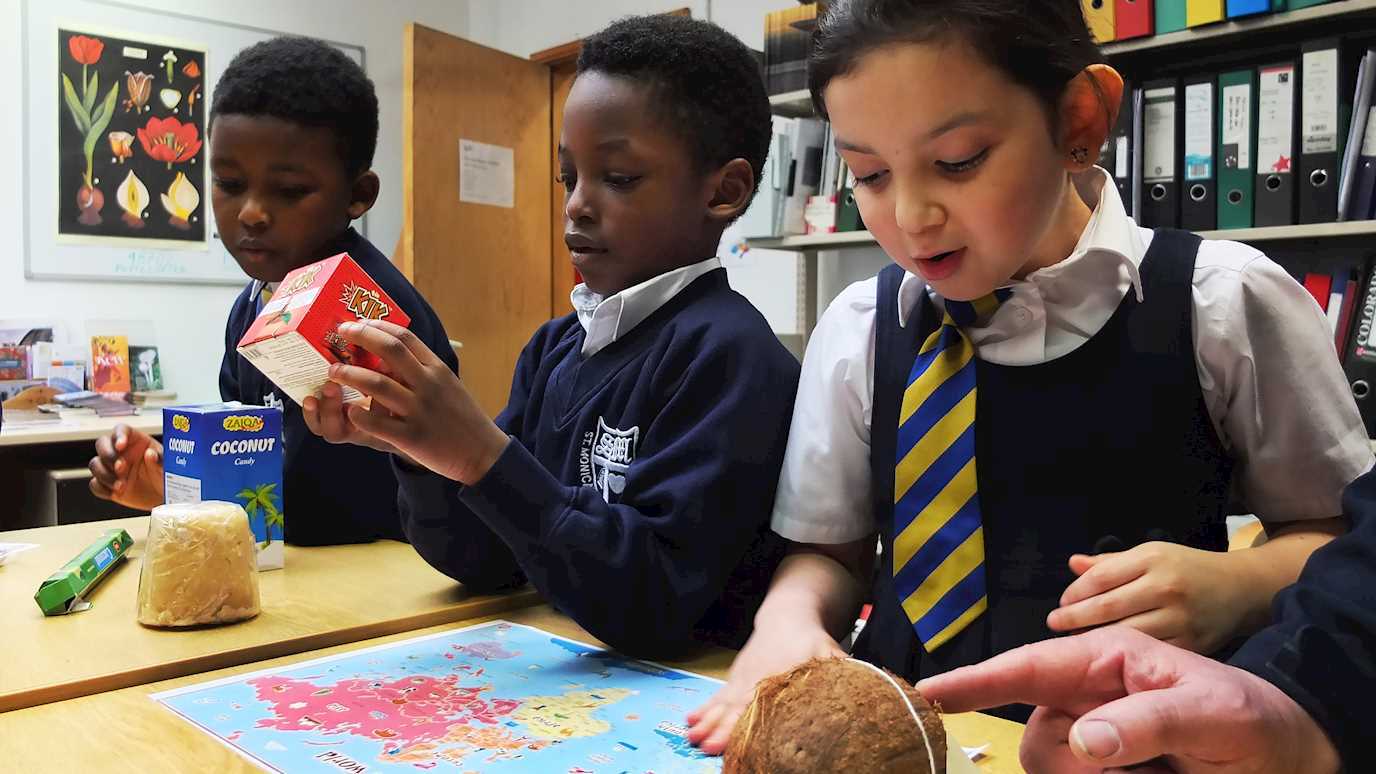
Pupils explore mobile museum artefacts
Wilberforce School in Westminster will be launching its exhibition, The Wilberforce Primary School’s Museums of Plants and Cultures, on 1 July, whilst St. Monica’s Primary School in Hackney will launch its Our Plants, Our People museum on 8 July. The school’s exhibition will showcase a number of plant-based artefacts illustrating different histories and cultures including, a woven bag, a pan flute and an Ethiopian Cross.
The exhibitions are the culmination of the three year ‘Mobile Museum’ project which explored the movement of objects in and out of Kew museum since its creation over 150 years ago.
Funded by a grant from the Arts and Humanities Research Council, both Royal Holloway and Kew have been investigating how and why plant-based objects from Kew were sent to 400 museums worldwide and 700 schools across the UK during the nineteenth and twentieth centuries.
Their findings have uncovered a rich and largely forgotten practice of the use of natural specimens in ‘object-based’ teaching in Victorian schools. This method was used to encourage pupils to engage with their senses as part of an experience-led approach to learning. The museums at the two primary schools this summer celebrate this teaching method and will connect children with the historical and cultural value of plants.
The two participating schools took part in a wide range of workshops delivered by Kew’s Schools Learning and Economic Botany teams. These sessions, which were delivered at Kew and in the schools, included interactive teacher training, school visits to Kew and its Economic Botany Collection, and outreach school-based workshops. The workshops included object handling, developing enquiry skills and the importance of plants as well as how to develop and curate the schools chosen objects.
Speaking of the project, Mark Jackson, a teacher at Wilberforce Primary School, said: “The Mobile Museum Project has been a fantastic opportunity for the whole school to explore and learn from plants and plant-based objects.
“The children have been enthused and intrigued by how important plants are to our lives and cultures. They have celebrated their cultures and collaborated with others to learn more.”
Professor Felix Driver from the Department of Geography at Royal Holloway, said: “This is an exciting and inspiring example of what collaboration between university researchers, educators and schools can achieve.”
Dr Mark Nesbitt, Senior Research Leader at Kew, added: “We’ve found that Victorian teachers were remarkably creative in how they used plants in the classroom. By exploring the meaning of plant-based products in schools today, pupils can find out for themselves the key place of plants in their world.”










